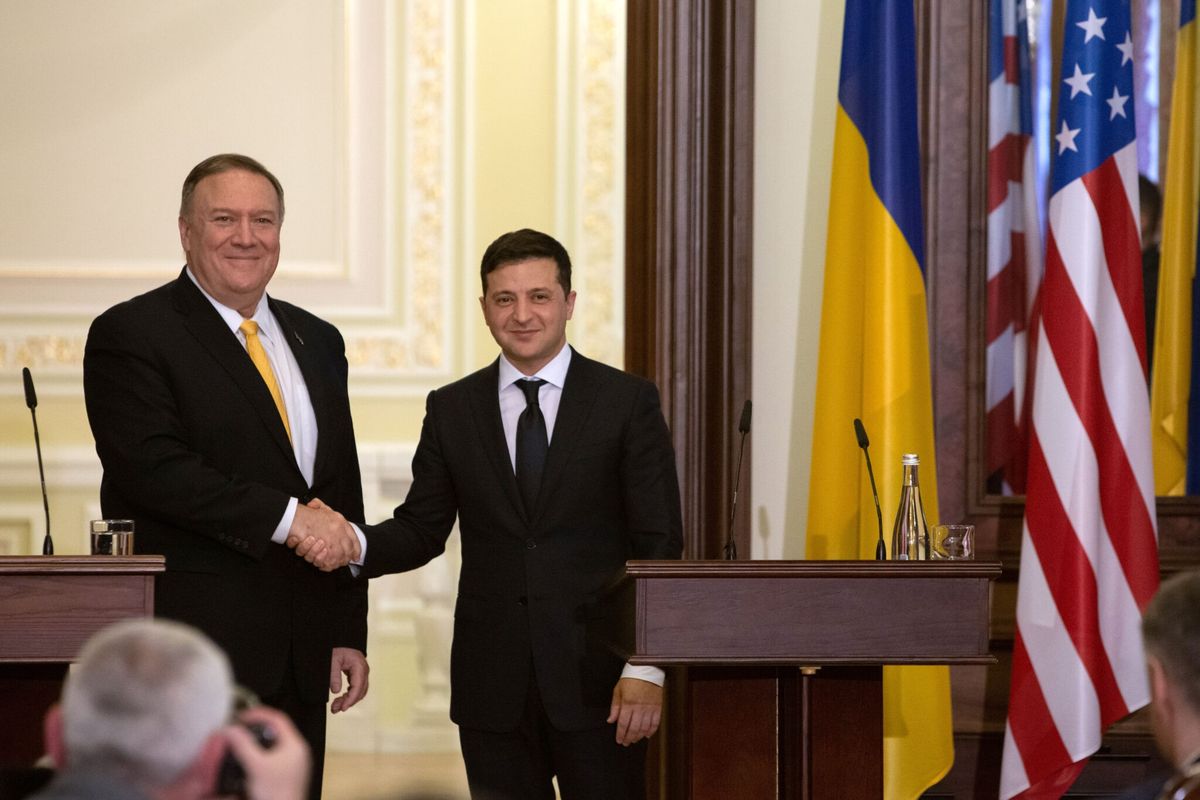The United States inherently boasts a creative, risk-taking culture that is inextricably linked to its free enterprise system. And while the federal government has a critical role to play in creating an environment for innovation that advances the common good, it is imperative that private companies, not government bureaucracies, are driving advancements in emerging technology.
Congress, in particular, is fundamentally designed to work slowly and deliberatively, which does not always align with the speed that emerging technologies are developed. This is especially challenging during a time when allies, near-peers and adversaries are pushing to be the leader in innovation – whether that is artificial intelligence, quantum computing, internet of things or other technologies currently changing our landscape.
But the role of Congress in promoting the adoption of innovative technologies and techniques by the federal government is crucial – not only for national security reasons, but also to maintain economic superiority for decades to come. Congressional oversight, particularly focused on investing in federal government modernization and incentivizing private-sector investment, can help move the needle in today’s innovation race.
Oversight is one of the most important and fundamental functions of Congress. Most Americans see this as a tool for Congress to balance the power of the executive branch by shining light onto misdeeds impacting the federal government. But oversight can be proactive too. It allows Congress to examine issues critical to the future of our country while encouraging constant adaption and modernization.
A great example of proactive functioning oversight is the Federal IT Acquisition Reform Act which enacted the FITARA Scorecard, a semiannual report card that helps federal agencies improve their IT management, framework and workforce by holding them accountable. In the six iterations of the scorecard, we have seen agencies empower their Chief Information Officers, reduce their reliance on data centers and transition to the cloud.
The changes that agencies have made through FITARA have paved the way for the adoption of new technologies and allow Congress to continue to drive changes. This is especially important as the world invests in artificial intelligence and quantum computing which could impact us in ways not previously considered.
Quantum, in particular, will have serious ramifications for the intelligence community if the United States doesn’t quickly embrace it. Specifically, Quantum’s ability to break encryption will result in a significant advantage for whichever country masters it first.
The necessity to maintain this technological advantage is why I cosponsored H.R. 6227 which creates a Federal program to accelerate quantum research. Dedicating federal dollars to technological investment sends a signal to the private sector of our priorities as a government. Investment on both sides leads to the greatest innovations that develop new industries and revolutionize existing ones. I am encouraged by the recent creation of a Quantum Subcommittee on the National Science and Technology Council which will identify new ways to promote and invest in quantum computing.
But these actions are avenues to reach a destination. Congress’ power of the purse must also be used more effectively and responsibly to drive home the importance of innovative technologies. The government can incentivize innovation with dynamic competition, as exemplified by the Defense Advanced Research Projects Agency’s (DARPA) self-driving car Grand Challenge. In the mid-2000s, DARPA offered one million dollars to the first team to autonomously navigate a desert course from California to Nevada. The first year, no team completed the course. In fact, the farthest any vehicle went was 7.5 miles. Yet 18 months later, five out of 195 competing teams completed the 132-mile course, with the winner having crossed the finish line in a little under seven hours. The virtue of DARPA’s Grand Challenge was its ability to foster innovative, collaborative research among teams seeking to overcome seemingly unattainable goals. As seen with the self-driving car competition, it even prompted a rapid advancement in technological capacity. As Members of Congress, we must consider what other competitions the Federal government can use to promote innovation.
Finally, the government can support innovation by making more of its data that federal agencies accumulate available publicly. Making data a public good would show favoritism to none and would allow private companies the opportunity to utilize it to spur innovation.
Innovation is a race to the top. It is a race that many countries are pouring resources into and the United States cannot afford to have a Sputnik moment. Congress in particular, must realize that we can lose the race if we continue to give only lip service to innovation rather than investing, incentivizing and overseeing the Federal government’s efforts to innovate.
















